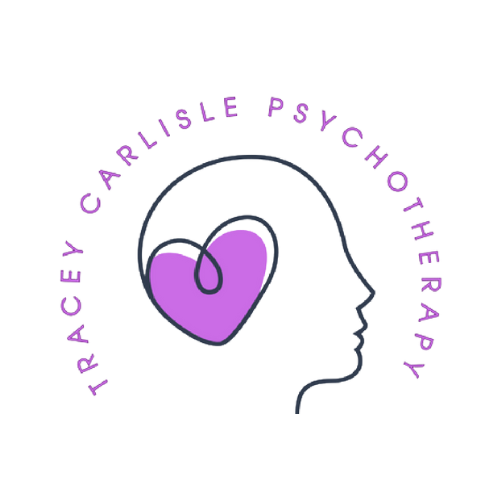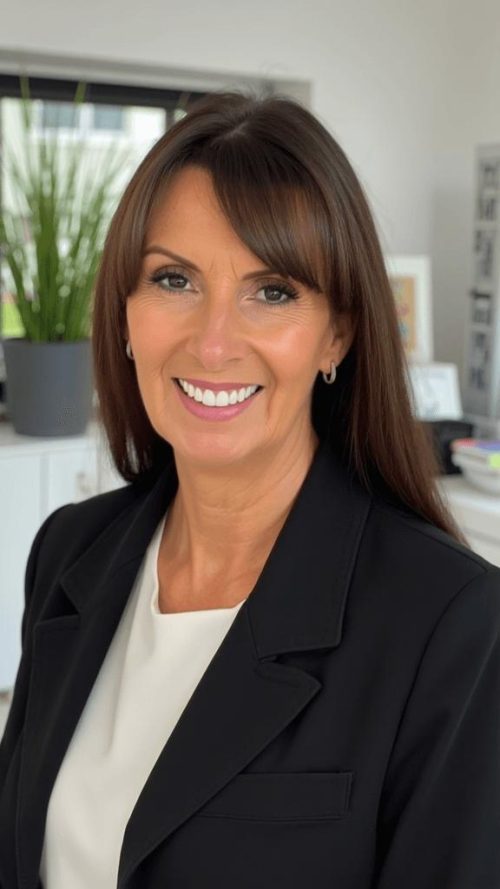Frequently Asked Questions including Fees
What are your fees?
Counselling or Psychotherapy £60 per session
Hypnotherapy £70 (Excluding specialist sessions)
Couples £75 per session
Blended session of Counselling & Hypnotherapy £120 per 75 minute session
I can offer appointments throughout the day and evening.
Times and availability available on request
How often will I need to see you?
Ideally, counselling is a weekly commitment but the regularity of sessions are discussed with each client at the start of therapy and I do have some fortnightly slots available for those clients on a budget.
How long will I need counselling for?
The length of time is entirely your choice. I can offer short-term counselling if time or finances are limited, but I do tend to work long term with most clients, depending on the nature of the issue they bring.
Will you give me advice?
As your therapist, I will not give you advice or solve your problems for you. I will listen to your story, help you look at things from a different angle, and give you a better understanding of the issue to enable you to make positive changes yourself.
What happens in a therapy session?
Each session is, essentially, a problem-solving session. You describe your current situation, and your feelings about it, and then the therapist uses their expertise to assist you in trying to resolve that problem so you can move closer to having the life you wish to have.
At the beginning of a session, I will invite you to share what’s been going on in your life, what’s on your mind, what’s bothering you, or whether there are any goals you’d like to discuss. You’ll be able to speak openly. I will listen and may take notes as you speak and possibly take a few notes after the session. You won’t be criticized, interrupted or judged as you speak. Your conversation will be kept in the strictest confidence. This is a unique type of conversation in which you can say exactly what you feel, be totally honest without worrying that you’re going to hurt someone’s feelings or damage a relationship. Anything you want or need to say is OK.
I may give clients some homework to complete after a session. That homework might be to spend some time each day to make a journal entry, work on achievement list or to detail your goals. During your next session, you might share your progress and address any areas where you got frustrated, stuck, or off-track.
Of course, every client is unique, and every therapist-client relationship is distinct as well—which means that there is no one size fits all description of a therapy session. I may incorporate hypnotherapy, Coaching, Visualisation or role-playing exercises to “rehearse” challenging conversations. The list goes on and on. Ultimately I will listen without judgment and help clients try to find solutions to the challenges they face.
will i have to talk about my childhood?
Not necessarily. Many people think that visiting a therapist means digging up old memories from childhood, or talking about how awful your parents were, etc. What you talk about during sessions will largely depend on your unique situation and goals. And depending on your goals, you may not actually talk about your past that much. The focus of your therapy is as likely to be your present-day reality and the future that you wish to create.
That being said, if you really don’t want to discuss your childhood, the intensity of your desire not to talk about it might suggest that you should! When people have strong negative emotions about their childhood or any other topic it’s typically worth doing some exploration to figure out why that is. Whatever is causing you to feel such strong emotions about the past is more than likely impacting your present-day life in some way, too.
how long will i have to attend for?
This varies from person to person. I’ve had clients who booked one session, we worked out their issue(s), and they were all set. Sometimes, one brave, honest conversation is really all you need.
Other clients have booked sessions with me over a period of several weeks or months, focusing on one issue, resolving that issue, then perhaps moving on to a different challenge. Then there are other clients who I’ve been working with for some that appreciate having a weekly, bi-weekly, or monthly “check-in.” They may share their feelings, sharpen their life skills as needed, or perhaps enjoy a deeply nourishing guided meditation or hypnotherapy experience to de-stress.
Therapy is really about whatever a client needs, a one-time conversation, a temporary source of support during a life transition, or an ongoing experience to optimize health mentally and emotionally
is online therapy as effective as meeting in person?
That depends on your preferences. Many of my clients do enjoy having some, or all, of their sessions via video chat because it means they don’t have to take time out of their busy schedules to drive, park, and so on. They can just close their bedroom or office door, pick up the phone or log in, and away we go.
Why see a therapisT when i can talk to friends or family?
If you are blessed with caring, supportive family members and friends, by all means, share your feelings, goals, and dreams with those people. They are a big part of your support network, and their insights and encouragement can be very helpful. However, people who already know you might not always be completely objective when listening to you.
This is why working with a therapist can be so valuable. It’s a unique opportunity to share everything you’re feeling, and everything you want to create, without anyone interrupting you, imposing his or her own anxieties onto the conversation, or telling you that you’re “wrong” or that you “can’t.”
A therapy session is a space where you don’t have to worry about hurting anyone else’s feelings, you can be totally honest. It also means you have the potential to solve problems faster and with greater success. In the long run, that’s better for you and everyone else involved in your life, too.
How do you take payments?
I accept cash, bank transfer or credit & debit cards
Full details will be shared at the time of booking an appointment.
How long is a session?
Sessions are 50 mins in duration.
The Case For Therapy
Therapy is a valuable tool that can help you to solve problems, set and achieve goals, improve your communication skills, or teach you new ways to track your emotions and keep your stress levels in check. It can help you to build the life, career, and relationship that you want. You have very little to lose and, potentially, a lot of clarity, self-understanding, and long-lasting happiness to gain.
- There will be some paperwork to fill out. An assessment will be carried out on the first session and I will do a specific measuring of goals via a questionnaire type sheet, looking at how you are feeling now so that can be compared with how you are feeling at the end of the counselling.
- There will be a contract to sign, which lays out in black and white the boundaries of the therapeutic relationship. This will include things like confidentiality and exceptions, time boundaries, what to do if you can’t attend a session. The counselling contract doesn’t mean you are contracted to carry on with counselling, you are free to leave at any time.
- A deposit of 1 session will be taken before sessions begin to cover any non-attendance and if no sessions are missed without 24 hours notice then the payment will be used for the final therapy session
- Payment can be made prior to the sessions via bank transfer or by card at the start of the therapy session


